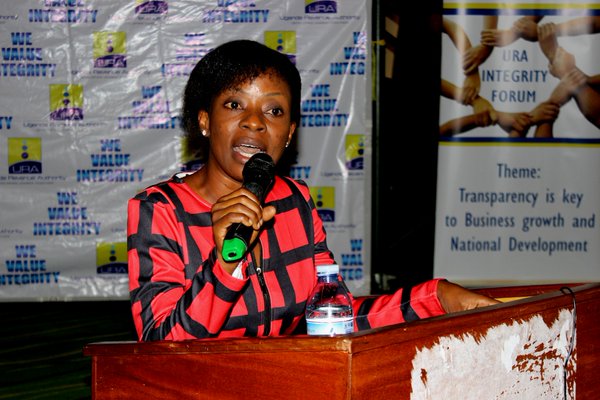
Nairobi-based analyst Nanjala Nyabola says beyond establishing high democratic standards for elections in Kenya, the Supreme Court ruling was also about reaffirming judicial independence.
She told the Qatari television network Al-Jazeera that the Kenyan Supreme Court had delivered one of the most decisive victories for African democracy in recent times.
She said Maraga will go in the history books for becoming the very first African chief justice to oversee annulment of election results.
Cissy Kagaba, the executive director of the Anti Corruption Coalition Uganda (ACCU) also told The Independent on Sept. 5 that the one good thing that came out of that Kenyan Supreme Court ruling is that it re-affirmed the independence of the judiciary.
“The fact that the Supreme Court was able to deliver a judgment that upset the status quo demonstrated the independence of the judiciary,” she said, “Kenya did not only demonstrate an independent judiciary but also showed an incorruptible Supreme Court.”
For Crispy Kaheru, the Coordinator of the Citizens Coalition for Electoral Democracy in Uganda (CCEDU), an alliance that brings together about 800 civil society organisations in the country said the election annulment was worth it “because a wrong is a wrong.”
“It does not matter whether it is a small or big wrong; once any part of an election is compromised, the integrity of the entire election is compromised.”
“The Court’s decision to annul the election on the basis of some elements of the polls being compromised gives an opportunity for Kenya to conduct a transparent and credible election that espouses integrity at its heart.”
Kaheru said what the Kenyan Supreme Court judgment teaches us is that you don’t have to break all the Ten Commandments to go to hell; you only need one.
“The Supreme Court decision is about the integrity of the election; whether you have compromised the election at the voter registration, campaign, transmission of results or aggregation, the election is void,” he said, “That is what that judgment tells us.”
But critics of the judgment say the judgment might have unintended consequences leading to a spiral of court petitions. Some point to the heavy toll this new election might have on the treasury considering that the Aug. 8 poll was already the most expensive in the history of Kenyan elections.
For Eric Kadenge; a Kenyan media consultant, “democracy comes at a cost.”
“It is inevitable that if you want to be sure of a democratically elected president, you must be willing to pay the price,” he told The Independent in an email on Sept.4.
Kaheru says annulling an election is a worthy price to pay. He says once you talk about free and regular elections, then you are talking about polls that espouse an environment where all those supposed to participate in that election are given a due chance to participate and where that participation counts.
“Once you compromise one element of that process, you have compromised the entire process. It is like when you have a saucepan of milk and you dip one grain of salt, the whole milk goes bad.”
“You don’t have to pour a whole sachet of salt to spoil the milk. The framers of democracy and elections looked at it as a process that is supposed to be free, fair, transparent and full of integrity.”
Nicholas Opio, the executive director of Chapter Four, a Kampala-based civil liberties NGO also told The Independent that the Supreme Court ruling was worth it and equally important, it will further help Kenya move to the next stage of democracy.
“Kenya has come a long way since the 2007 general election,” he said. Kenya, Opio noted, embarked on building institutions and making sure that they actually work. He said the ruling of the Supreme Court in Kenya is therefore further testament of the commitment of the Kenyan people to build strong credible institutions and making sure that those institutions work.
“Despite some undesirable consequences, the ruling has long term impact in entrenching democratic practices in Kenya,” Opio said.
Opio said, however upset Uhuru Kenyatta might be about the results of the case, there is not much he can do other than subject himself to the process commanded by the court.
“An electoral process must be adhered to the letter of the law if elections are to mean anything to the people.”
 The Independent Uganda: You get the Truth we Pay the Price
The Independent Uganda: You get the Truth we Pay the Price


